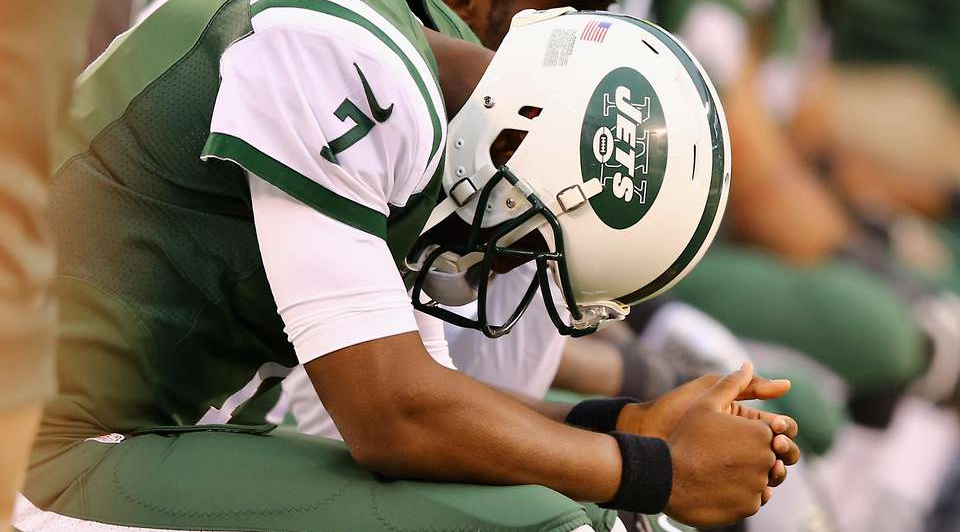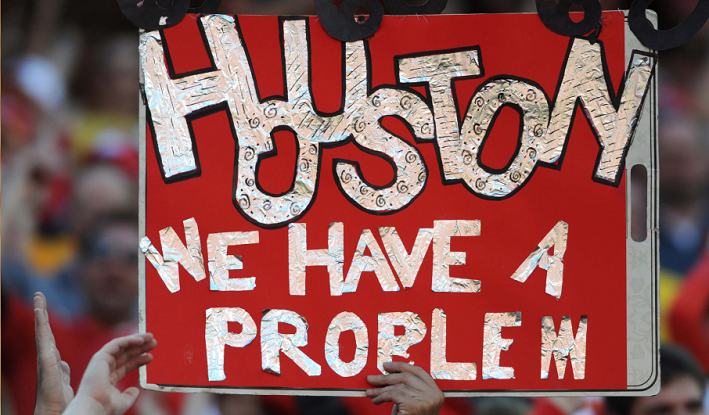The higher the risk, the bigger the payout! Since time immemorial, that has been the guiding psychology for many high-achievers in nearly all the important spectrums of life. It therefore unsurprisingly serves to reason that some of the biggest winners in the history of Sportsbetting are people who’ve risked greatly by betting on the heaviest of underdogs.
But is it really advisable to frequently on underdogs? Without mincing many words, I’d give a simple Yes answer. This is mainly based on the well-established fact that bettors tend to wager more on betting favorites because they are often the better teams and come with a lot of hype and support from the general public. Being knowledgeable of this betting inclination, most online sportsbooks often adjust their betting lines to take advantage of the chalk-loving bettors. In essence, that is the main reason behind the better payouts for bettors inclined to wager on underdogs than those who bet more on the favorites.
That being established, when then is it best to wager on heavy underdogs? Find out in our succinct analysis given below:
When to Bet on Heavy Underdogs
Preliminarily, it is worth starting by saying that there is no easy way for you to become the next Billy Walters—you must work hard on you technique, learn new trends and unlearn the outdated ones, comb through betting details about the underdogs you want to bet on as well as their opponents, and know how to scope for insightful game previews and reliable betting picks to inform your decisions.
Now, when you witness any combination of the following scenarios, be on high alert to strike hot on the heavy underdog:
In a game where middle-table or low-tier team has suddenly found a good form and is hyped up to win a game that would have otherwise been troublesome for them if they weren’t on form, be very mindful of heavy betting lines. Often, Oddsmakers notice the euphoria in any league and juice-up their odds, especially on the ATS lines, to match the public perception. In such an instance, it could be a real value if bettors took notice and bet on the maligned heavy underdog.
Big name teams with big name players, be it in the NFL or MLB, are often over-hyped as favorites, regardless of whether they are in a good or bad form. On a good number of occasions when such teams are in action, some Sportsbooks adjust the odds to make the betting favorite look less attractive, hoping that it will help them to minimize their risks. Such a situation also offers a good play on the heavy underdogs.
The classic tale of a meeting between team that has been playing badly (but winning games narrowly) and a team that has been playing well (but losing games marginally) also presents a befitting case for a worthy play for a heavy underdog, especially if the team that has been playing well is the heavy underdog.
The element of motivation also plays a vital role in games involving heavy underdogs. A good example of this is the 2014 meeting between the New England Patriots and the Buffalo Bills in the last Week of the regular season. Entering the game, the Pats had already clinched a playoff spot and were all but assured of clinching a conference-best record, hence their motivation for a win was limited, with a soft squad selected for the game. Still, the Pats were favored to win the game, with some pundits going as far as predicting a blowout win in their favor. The Bills, on the other hand, still had a lot to prove to their fans and were motivated to play their best in order to finish the 2014 season on a winning season-tally above the .500 mark. As it turned out, the Bills went on to beat the Patriots in that game, despite the fact that the Pats were strong enough to go ahead and beat all the teams they met in the playoffs to win the 2015 Super Bowl title. So, when you spot a game that comes with such hallmarks of a potential upset by the underdogs, be ready to make your move on the betting lines.
In conclusion, it is worth noting that, not all heavy underdogs are good, just in the same way not all overly hyped teams are bad. A silver line exists on both sides of the coin and you have to train yourself into being able to spot instances when the above-mentioned scenarios (and other relevant ones) should be applied.
Sports Betting Odds
Betting Online Casino
| Playing Blackjack or Poker |
| Understanding Live Casino |
| Best Casino Online Games |





